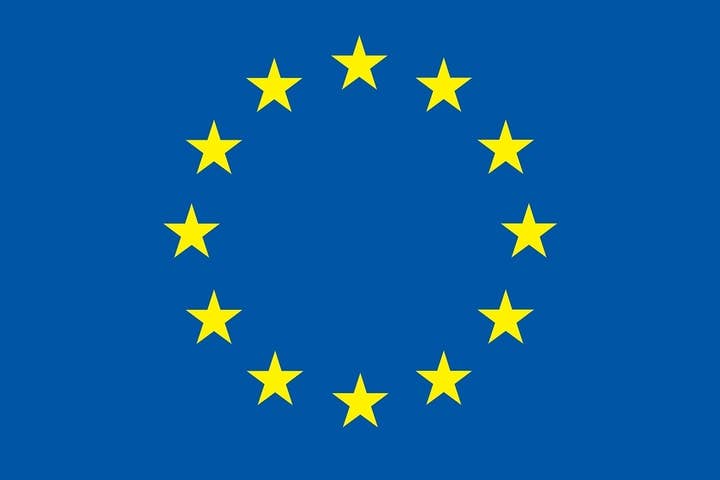"Free-to-play" misleading advertising in Europe
European Commission meets with devs to improve consumer protections, wants them to stop calling games free if they have in-app purchases
Complaints from consumers who unwittingly purchased in-game upgrades in free-to-play titles have become common enough that the European Commission is taking action on the matter. EC members are meeting with tech companies and national enforcement authorities today and tomorrow to go over concerns about consumer protections in the burgeoning market, the group announced today.
"Consumers and in particular children need better protection against unexpected costs from in-app purchases," consumer policy commissioner Neven Mimica said in a statement. "National enforcement authorities and the European Commission are discussing with industry how to address this issue which not only causes financial harm to consumers but can also put at stake the credibility of this very promising market. Coming up with concrete solutions as soon as possible will be a win-win for all."
The Consumer Protection Cooperation and EC member states have released a list of common positions on the subject, with misleading advertising at the top.
"The use of the word 'free' (or similar unequivocal terms) as such, and without any appropriate qualifications, should only be allowed for games which are indeed free in their entirety, or in other words which contain no possibility of making in-app purchases, not even on an optional basis," the group said.
Beyond that, the CPC and EC want developers to cut out any direct calls for purchasing in-game items (such as "Buy now!" or "Upgrade now!") in any title likely to appeal to children. On top of that, in-app purchases should not be made without the consumer's explicit consent, and all apps and app listings should prominently feature an e-mail address to which customers can direct questions before they decide to play or even download a title.
The EC has said the purpose of the meetings is to make sure there's a common understanding between authorities and game companies on these subjects, but said it will work with national consumer rights enforcement bodies to follow through with any action deemed necessary.

